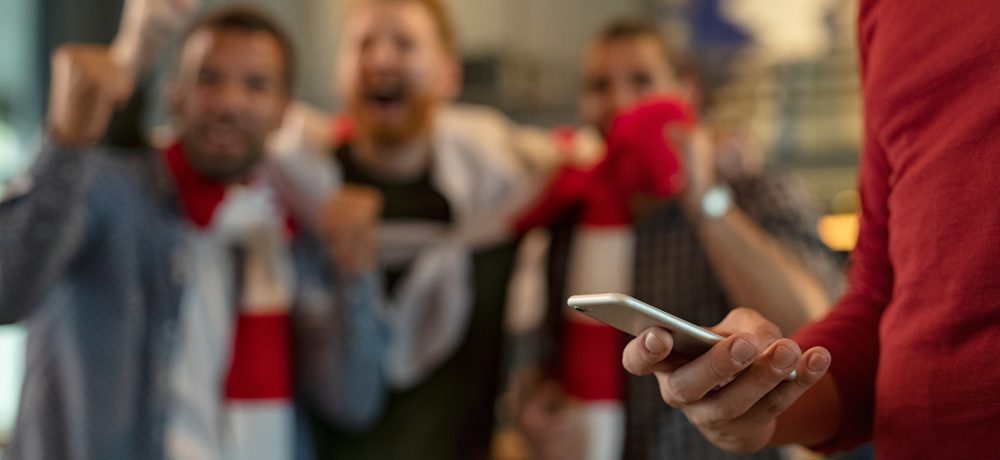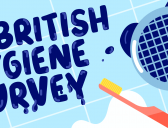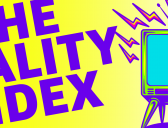In hindsight, maybe it wasn’t wise for the government to release its long-awaited Gambling White Paper as the Premier League Season was entering its climax.
For many, casual punters observing the proposed legislation’s emergence, much of the surrounding hype was based around football; how it is a sport magnified by gambling, how several teams’ front-of-shirt advertising space is taken up by betting companies, and the fact that much of the pre-White Paper concern surrounded how a gambling ‘crackdown’ would impact football consumption.
On the pitch, on the players, on the television, in betting shops and online; football and betting are simpatico.
In many corners of the lattermost of these arenas, webpages, betting advertisements are not just commonplace but rife, with enticing bonus offers for would-be first-time punters or big depositors.
So the proposition is twofold.
- How does the bill view the current efficacy (or over-efficacy) of gambling advertisements and what does it want to change to decrease potential harm to those at risk of addiction?
- How does it plan to extricate sport and betting, the former receiving roughly 12% of sponsorship revenue from gambling brands?
Welcome to episode three of our Gambling White Paper series.
What does the Bill say about advertising?
From the off, the government sets its cards on the table; “we will tackle aggressive advertising practices like using bonuses in ways which exacerbate harms,” lays out the ministerial foreword.
Section two of the legislation tackles advertising, sponsorship and branding specifically, outlining the “disproportionate impact” that advertising has and could continue to have on those with an addiction risk. Here, the potential vicious cycle is simply laid out, those who gamble more see more ads and will likely receive more bonus offers to keep their money flowing.
The Gambling Commission has recently beefed up restrictions to try and keep these at-risk groups from receiving excessive bonus offers and will explore ‘opt-in’ options to try and gatekeep excessive users begetting excessive losses.
Advertising is a thorny issue, perhaps better likened to a tick bite; harmless and ignorable for many but very problematic in certain cases. So, how many people view gambling adverts and where do they find them?
Gambling advertising by the numbers:
- 85% of adults reported ever seeing gambling advertising or sponsorships;
- 60% report seeing them at least once a week;
- 66% of respondents to the 2022 Young People and Gambling Survey aged 11 to 16 reported that their exposure to adverts or promotion about gambling happens offline, with 63% stating they had seen advertising online or on a mobile app.
Perhaps more worrying is the massive growth in advertising spend in recent years. Even using outdated statistics from Regulus Partners cited in the White Paper, TV advertising spend grew from £80 million in 2014 to £145 million in 2017, while social media advertising swelled from £40 million in 2014 to £140 million in the same period.
So as to appear proactive in calming fears, the government announced that two departments — the Department of Culture, Media and Sport (DCMS) and the Department of Health and Social Care (DHSC) — will assume oversight of the Online Advertising programme watchdog from the Gambling Commission to strengthen existing messaging on gambling dangers and explore new ways of surfacing them.
What about football?
Well, one new development was confirmed. By the end of the 2025-26 season, gambling sponsorship will no longer be permitted on the front of Premier League teams’ shirts; that means finding new ones for eight top-flight clubs. This follows on from last year’s decision to ban stars of the game from featuring in gambling adverts.
These measures, according to the White Paper, “should reduce children’s incidental exposure to gambling logos while watching football and particularly via products such as stickers and video games, as well as the direct association with star players.”
So why have bodies like the British Medical Journal and anti-gambling pressure groups still expressed concern that gambling advertising’s prominence will remain extremely harmful?
In football’s case, teams can still sport sleeve advertisements for gambling companies, and Premier League stadium hoardings will continue to enjoy the same privilege.
To go even further, the legislation puts the onus back onto the sports industry, saying it will be left to draw up its own “robust” code for socially responsible gambling sponsorship. It is not inconceivable that this proposal is deemed unworkable by the industry and the matter is tabled for more consultation or shelved until a result is forced.
Furthermore, no concrete proposals for altering advertising through other avenues like online and television have been put forward; outside of the announcement that the government has secured an agreement from the gambling industry that 20% of its advertising will be focused around how to gamble more safely.
Offers prove hard to refuse
In the BMJ’s case, the paper’s proposal for gambling companies to fund the research, education and NHS treatment of addiction constitutes a sizeable conflict of interest, much like the one that it says prompted the NHS in England to no longer accept voluntary contributions from the industry to fund specialist treatment services. This came into effect last year.
Mechanisms like pushing offers are considered to be particularly dangerous by those in opposition to the Bill, and those parties are calling for tighter controls around advertising gambling through the mechanisms of offers and bonuses.
Gambling companies will justifiably be monitoring the situation to see if a wholesale ban on these types of adverts could be introduced, with the Canadian province of Ontario’s example being front-of-mind.
The Alcohol and Gaming Commission of Ontario (AGCO) prohibits “broad public” advertising of bonuses and other gambling inducements. Companies can still use these tactics legally, but only on their own site or through direct advertising issued after receiving player consent.
Late last year, Unibet fell foul of these restrictions and paid a £31,392 penalty; peanuts in reality for multinational gaming operators, but the principle is still likely to cause sleepless nights among UK-based gambling executives.
As with the vast majority of the White Paper, further consultations in the coming months could see changes, re-writes, total scrapping or, more likely, a gentle adjustment of existing proposals.
The latter is unlikely to land well on either the pro-gambling side or with the campaigners fighting for the bill to be stronger, but one thing is for certain: gambling and sports remain connected in the UK public’s psyche and it is likely that only change erring on the extreme side will produce noticeable effects in the short-term.




